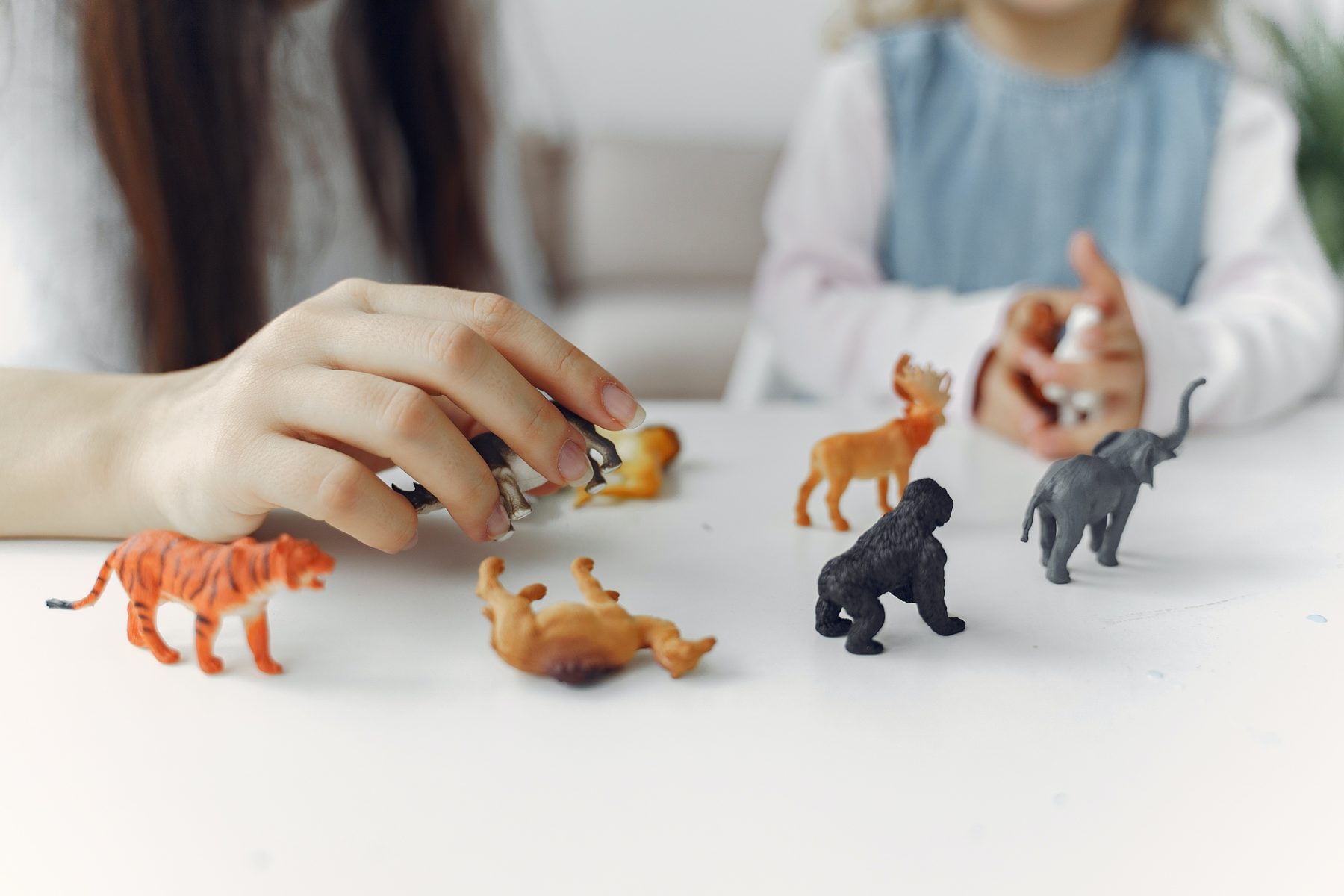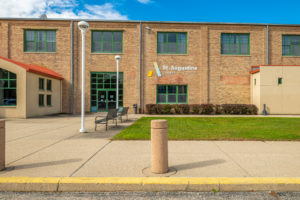Play-Responsive Teaching in ECE

Getting your degree in early childhood education, allowing you to work as a teacher in a private or public school, requires a fundamental understanding of the principles behind teaching young children from birth to age 8. Play-responsive teaching is one of those principles. Each type of play helps children develop and learn important life skills that will help them for the rest of their lives.
Integrating Types of Play in ECE
In ECE (early childhood education), early childhood educators include play in their lesson plans due to its learning capabilities. Not only are children able to have fun, but they also get an opportunity to critically think and socialize with others. Below are just a few types of play in ECE:
Physical Play
As the title says, physical play is all about getting the body moving. This gives children a chance to develop gross and fine motor skills. This can be done through outdoor play where they can release energy and use their outside voices or indoor play where they can play gentler games, such as duck duck goose or Simon Says. This type of play is important in early childhood education because it jump-starts them in physical education, making sure they are active and healthy from an early age.
Social Play
During those fundamental years, children need to socialize. Play-responsive teaching in childhood education encourages children to interact with one another, encouraging collaborative play. Children learn how you should treat one another, the importance of sharing, and what to do when you disagree with someone else. Cooperation is an important aspect of life and needs to be learned at a young age.
Constructive Play
This type of play in ECE encourages creativity. Constructive play is about looking around at your environment and seeing how you can change it. From building sandcastles to drawing on the sidewalk with chalk, the purpose of constructive play is to open a child’s eyes and show them the possibilities of their creativity.
Fantasy Play
Speaking of creativity, fantasy play is another important element in play-responsive teaching in childhood education because it helps children develop sympathy through symbolic thinking. Nurturing the imagination is easy to do with the right attitude! You can turn a cardboard box into a home or play with stuffed animals and action figures to spark your preschooler’s imagination.
Play with Rules
Play is important in early childhood education. It blends active, hands-on activities with concrete lessons that an early childhood educator can easily explain. Board games, outdoor games like tag, and more follow self-regulation, helping children to understand how best to cooperate with others while still playing and having fun (regardless if they win or lose).
What do you Need to Know as a Teacher?
Teaching and supporting a child’s development is done through a myriad of lessons, responsibilities, and a whole lot of patience, but the rewards far outweigh the costs. Play-responsive teaching is just one aspect of childhood education but can teach a child valuable lessons they will carry with them forever. Making a change starts in the classroom. If you have a passion for helping children and teaching, you might be interested in getting a bachelor’s degree in early childhood education. At St. Augustine’s College, we have an accessible curriculum that works around your schedule. Every student deserves the opportunity to get quality education on their terms. If you want to learn more, read about our success stories. You can also contact us today with any questions you might have. We are here to help build your future. Let’s do it together.




